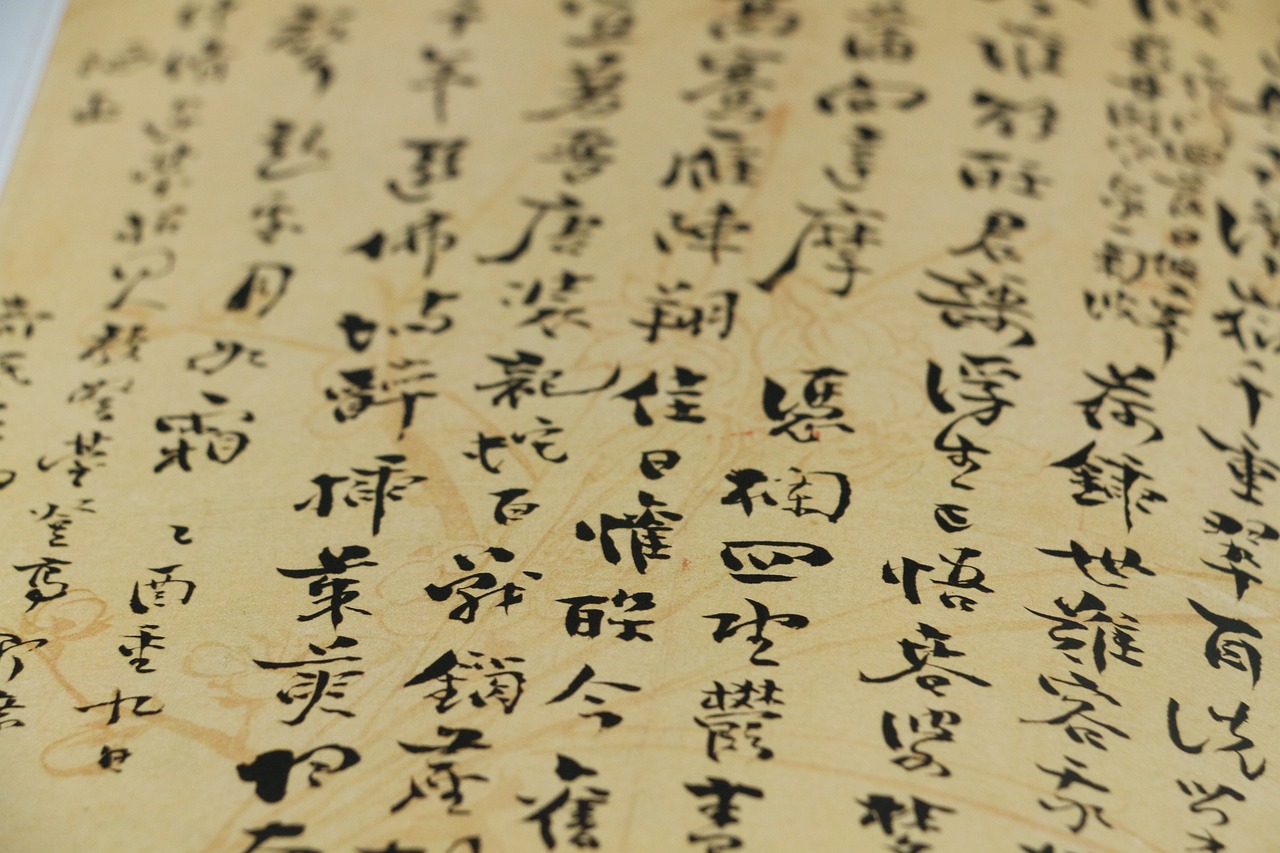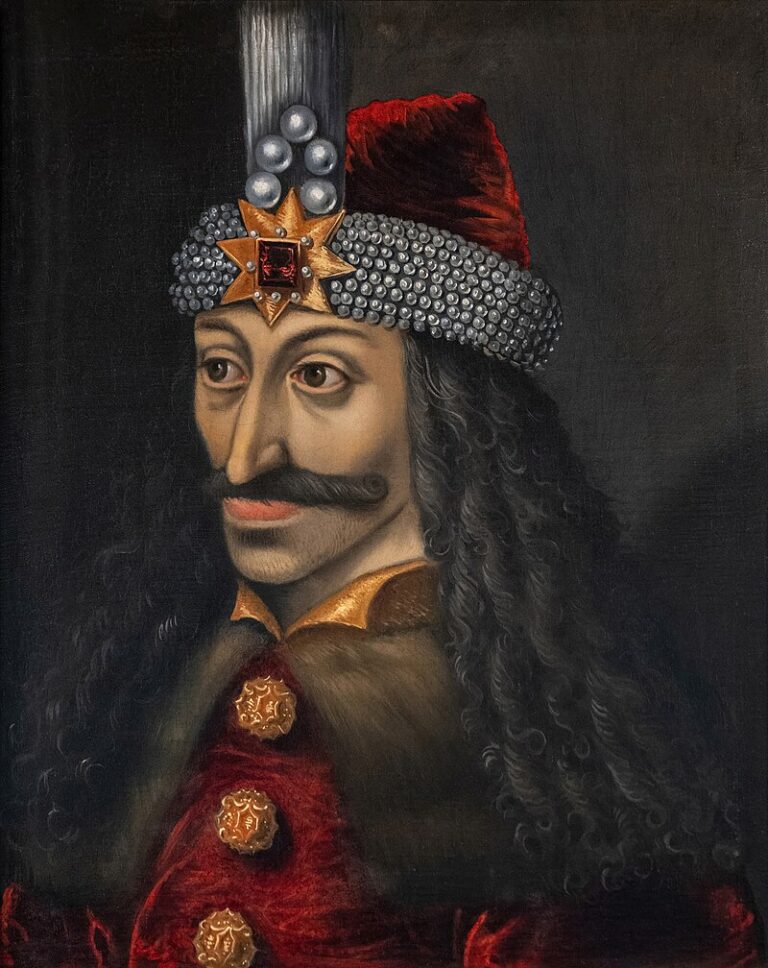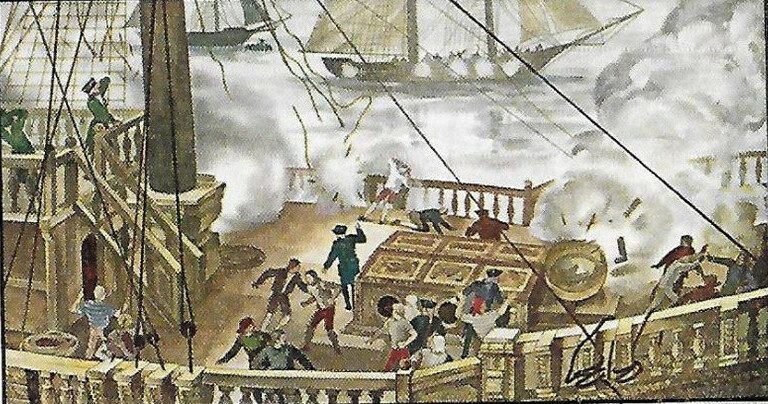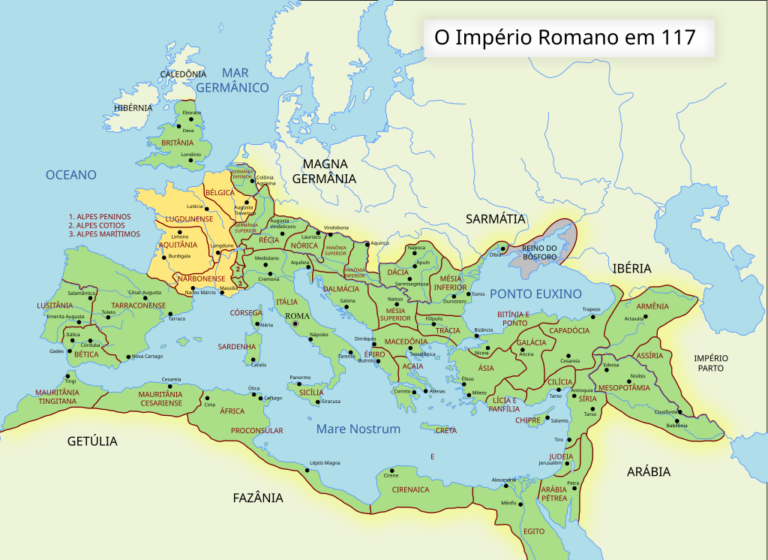
Throughout human history, languages have evolved, disappeared, and adapted to new forms. However, some languages have endured for millennia, maintaining a continuous written tradition. Below is a list of some of the world’s oldest surviving languages, organized by their earliest known written records.
1. Sanskrit (c. 1500 BCE – Liturgical and Scholarly Use)
- First Written Record: c. 1500 BCE (Rigveda, orally preserved; written form later)
- Script: Brahmi, Devanagari, etc.
- Region: India
- Status: Not widely spoken but used in religious and scholarly contexts
2. Greek (c. 1450 BCE – Living Language)
- First Written Record: c. 1450 BCE (Linear B script)
- Script: Linear B, later Greek alphabet
- Region: Greece, Cyprus
- Status: Living language with modern usage
3. Chinese (c. 1250 BCE – Living Language)
- First Written Record: c. 1250 BCE (Oracle bone script)
- Script: Chinese characters
- Region: China, Taiwan, Singapore
- Status: Living language with over a billion speakers
4. Hebrew (c. 1200 BCE – Revived as a Spoken Language)
- First Written Record: c. 1200 BCE
- Script: Paleo-Hebrew, later Hebrew script
- Region: Israel, Jewish communities worldwide
- Status: Revived in the 19th–20th century, now spoken by millions
5. Aramaic (c. 900 BCE – Living Language in Some Communities)
- First Written Record: c. 900 BCE
- Script: Aramaic script
- Region: Middle East
- Status: Spoken by small communities
7. Latin (c. 700 BCE – Liturgical and Scholarly Use)
- First Written Record: c. 700 BCE
- Script: Latin script
- Region: Historically Rome, now Vatican City and scholarly contexts
- Status: Not spoken as a native language, but used in religious and academic settings
8. Persian (c. 522 BCE – Living Language)
- First Written Record: c. 522 BCE (Old Persian cuneiform)
- Script: Old Persian cuneiform, later Perso-Arabic script
- Region: Iran, Afghanistan, Tajikistan
- Status: Living language with millions of speakers
6. Tamil (c. 500 BCE – Living Language)
- First Written Record: c. 500 BCE (Tamil-Brahmi script)
- Script: Tamil script
- Region: India, Sri Lanka, Singapore
- Status: Living language with over 70 million speakers
9. Basque (c. 1st Century CE – Living Language)
- First Written Record: c. 1st century CE (Roman inscriptions)
- Script: Latin script
- Region: Spain, France (Basque Country)
- Status: Living language with about 750,000 speakers
10. Proto-Norse (c. 200 CE – Ancestor of North Germanic Languages)
- First Written Record: c. 200 CE (NITHIJO TAWIDE inscription on a shield grip from the Illerup Ådal weapon deposit)
- Script: Elder Futhark runes
- Region: Scandinavia
- Status: Evolved into Old Norse, which gave rise to modern Scandinavian languages
11. Arabic (c. 328 CE – Living Language)
- First Written Record: c. 328 CE (pre-Islamic inscriptions)
- Script: Arabic script
- Region: Middle East, North Africa, parts of Asia
- Status: Living language with over 400 million speakers
12. Cham (c. 350 CE – Living Language)
- First Written Record: c. 350 CE (Đông Yên Châu inscription)
- Script: Cham script
- Region: Vietnam, Cambodia
- Status: Living language with around 200,000 speakers
13. Armenian (c. 405 CE – Living Language)
- First Written Record: c. 405 CE
- Script: Armenian script
- Region: Armenia, Armenian diaspora
- Status: Living language with over 6 million speakers
14. Georgian (c. 5th Century CE – Living Language)
- First Written Record: c. 5th century CE
- Script: Georgian script
- Region: Georgia
- Status: Living language with over 4 million speakers
15. Old Dutch (c. 510 CE – Evolved into Modern Dutch)
- First Written Record: c. 510 CE (Malbergse Glossen on the Salic law)
- Script: Latin script
- Region: Netherlands, Belgium
- Status: Evolved into modern Dutch, still spoken today
16. Old High German (Second Half of 6th Century CE – Ancestor of Modern German)
- First Written Record: Second half of the 6th century CE (Pforzen buckle inscription)
- Script: Latin alphabet (adapted for Germanic sounds)
- Region: Central Europe (Germany, Austria, Switzerland)
- Status: Evolved into Middle High German and then Modern German
17. Old Korean (Mid-6th Century CE – Ancestor of Modern Korean)
- First Written Record: Mid-6th century CE (Mokgan No. 221)
- Script: Idu and early phonetic systems
- Region: Korean Peninsula
- Status: Evolved into Middle Korean and then Modern Korean
18. Telugu (c. 575 CE – Living Language)
- First Written Record: c. 575 CE (Erragudipadu inscription)
- Script: Telugu script (derived from Brahmi)
- Region: India (Andhra Pradesh, Telangana)
- Status: Living language with over 80 million speakers
19. Old Khmer (611 CE – Ancestor of Modern Khmer)
- First Written Record: 611 CE (Angkor Borei inscription K. 557/600)
- Script: Khmer script
- Region: Cambodia
- Status: Evolved into Modern Khmer, which remains a major language
…
Sources and further reading:




